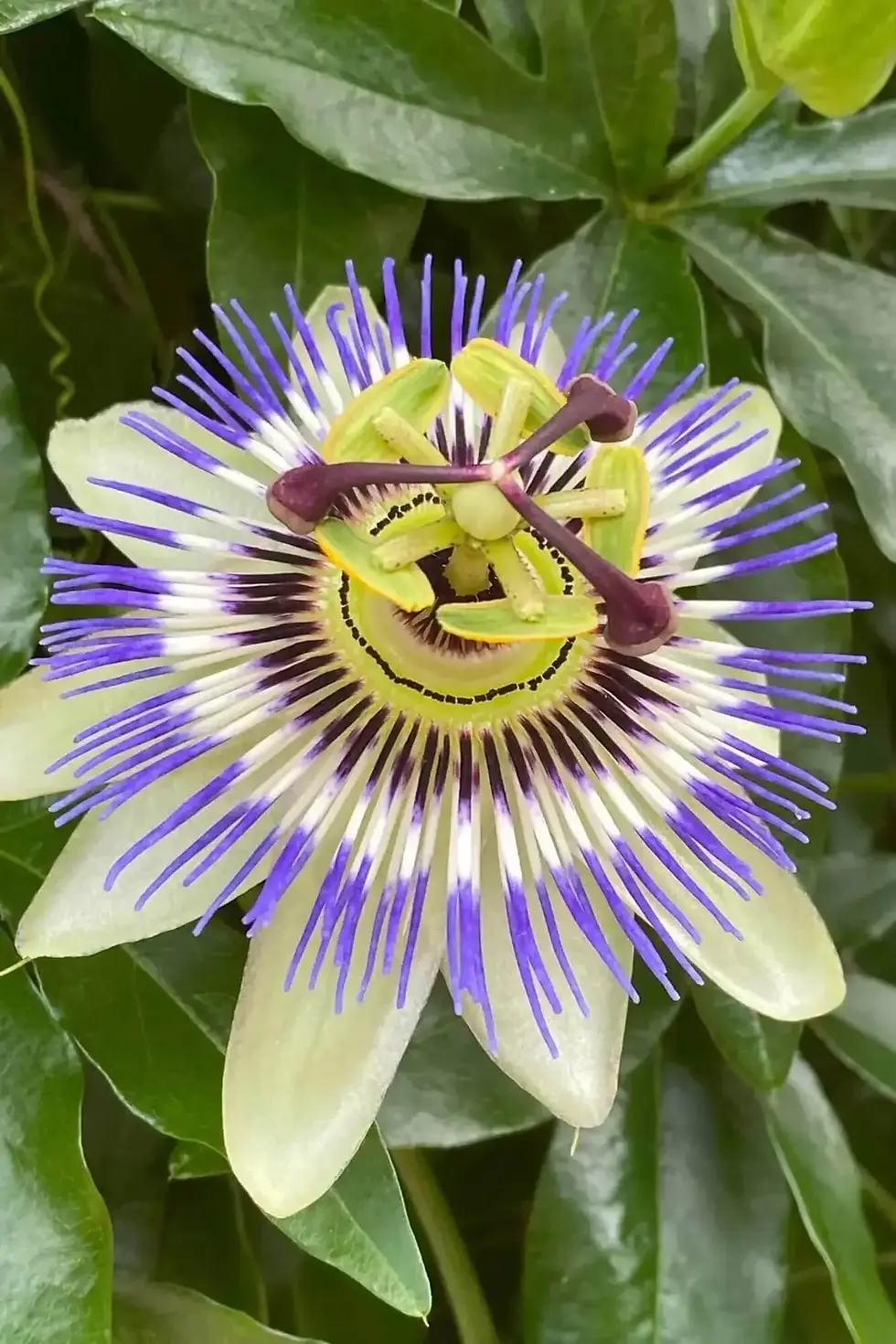
Description
"Passion Flower" (Passiflora incarnata) is a climbing vine recognized for its vibrant flowers and bioactive compounds. Comprising flavonoids and alkaloids, it interacts with neurotransmitter pathways, influencing nervous system activity. Traditionally valued for nervous system support, passion flower contributes to relaxation and stress modulation. Its influence on cognitive function helps promote emotional balance and mental clarity. Passion flower’s adaptogenic properties assist in stress adaptation. Integrated into natural wellness traditions, it is widely used for relaxation, sleep support, and emotional balance.
Functions in the Body
Category
Deficiency Symptoms
Since passion flower is not an essential nutrient, there are no deficiency symptoms associated with its absence.
Synergists & Antagonists
Passionflower works synergistically with valerian, lemon balm, and chamomile to promote relaxation and improve sleep quality. However, stimulants like caffeine, nicotine, and guarana act as antagonists by reducing its calming effects.

Passion Flower
Warnings
Passion flower should be used with caution during pregnancy and breastfeeding. It can interact with sedative medications, potentially increasing drowsiness.
Food Sources
Passion flower is commonly consumed in the form of an infusion or tea.
Time Frame
Passion flower is best taken before bed to promote relaxation and support sleep.
Depleted By
There are no known factors that deplete passion flower in the body.